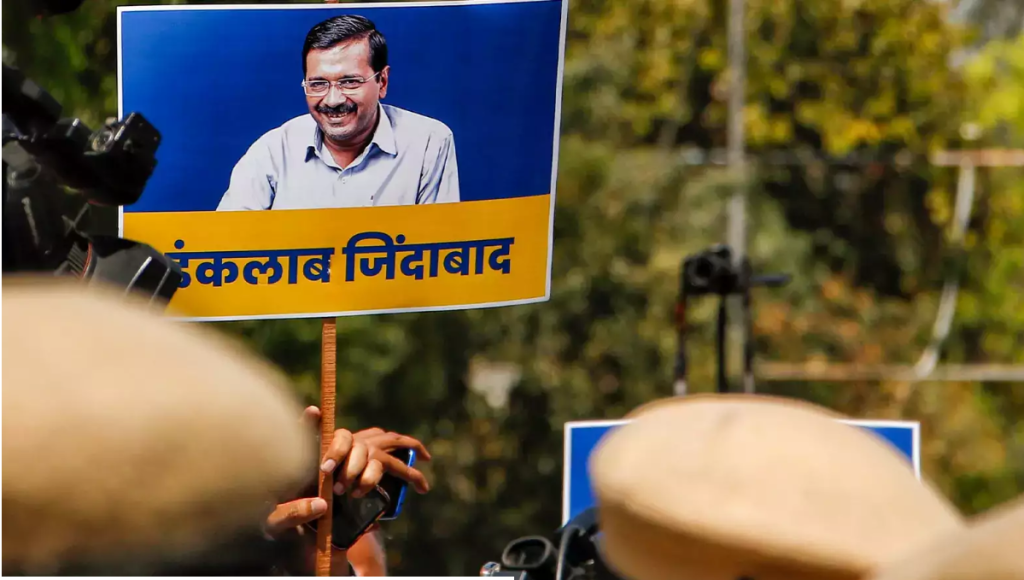Hundreds of analysts have written on almost every possible aspect of the current state elections in five states: West Bengal, Tamil Nadu, Kerala, Assam, and Puducherry. Predicting elections in India is impossible. Opinion polls vary hugely from one another and the actual outcome. So do exit polls. People simply do not tell the truth to pollsters. When asked by pollsters whom he intended to vote for, one voter replied “Why should I tell you? What will I gain from it?”
But poll uncertainties simply increase attempts to guess the outcomes. Astrologers do a roaring business. All media analyses — including mine — are just guesstimates.
In this column let me focus on just one point: analysts underestimate the strength of anti-incumbency. This is strong in difficult economic conditions, and Covid has wrecked the economy, though recovery has begun. Many analysts think incumbents could do very well in the coming state polls, the only certain loser being the AIADMK in Tamil Nadu, rudderless and split after Jayalalithaa’s death. To contradict anti-incumbency theory, they emphasise Narendra Modi’s spectacular re-election with increased seats in the 2019 general election, and Nitish Kumar’s retention of power in Bihar in 2020.
I would suggest taking a deeper look at state election trends. In the Modi era, GDP growth peaked in 2016-17 and fell steadily thereafter. This spurred anti-incumbency in state elections regardless of who was in office. In 25 state elections in the four years from 2017 onward, only in two cases did the ruling party improve its number of seats. Elsewhere, incumbents lost outright or lost seats while retaining office.
In seven state elections in 2017, the BJP beat incumbent parties in Uttar Pradesh, Himachal Pradesh, Uttarakhand, and Manipur. The BJP was itself the incumbent in Punjab and was thrashed. In Goa, the incumbent BJP lost its majority, but cobbled together a post-election coalition government. In Gujarat, anti-incumbency seriously eroded the BJP majority, but it scraped home.
Of nine state elections in 2018, only in Telangana did the incumbent (Telangana Rashtra Samithi) gain seats. The incumbents lost in four north-eastern mini- states, the most sensational result coming from Tripura, where the BJP ousted the Left Front that had ruled for 25 years. In Karnataka, the ruling Congress was thrashed but formed a post-election coalition that did not last long. The BJP was the incumbent in Rajasthan, Madhya Pradesh, and Chhattisgarh, and lost all three.
The next year, 2019, saw Modi return to office with an increased majority in the Lok Sabha election, breaking the anti-incumbent trend. Modi’s surgical strikes and bombing of Pakistan helped greatly in the national election, but little in state elections. The BJP finds the Modi effect is strong in national elections, much weaker in state elections.
In 2019 the incumbent BJP lost badly in Andhra Pradesh and Jharkhand. In Haryana, it lost its majority but formed a new coalition government. In Maharashtra, the BJP and Shiv Sena, the ruling partners, both lost seats, and the Shiv Sena dumped the BJP for other partners. Naveen Patnaik, the Odisha incumbent, lost five seats but still retained office. In Sikkim, five-time chief minister Pawan Chamling was ousted. Only in one mini-state with murky defections, Arunachal Pradesh, did the incumbent BJP increase its tally.
In 2020 the Aam Aadmi Party in Delhi was re-elected easily, yet lost 5 seats. In Bihar, Nitish Kumar had fought the previous 2015 election jointly with the RJD and Congress and won massively. In 2020 he had a different partner, the BJP, and scraped through with far fewer seats than his 2015 combination did. This cannot be called pro-incumbency.
In sum, anti-incumbency runs strong regardless of parties. This owes something to the halving of economic growth between 2016-17 and 2019-20. In the 1990s, when economic growth was uneven, three quarters of incumbents lost elections. Then in the economic boom of the 2000s, three-quarters of incumbents began winning. A new breed of chief ministers in backward states combined a clean image with accelerated economic growth. Growth slowed in the 2010s, and anti-incumbency rose again.
There is no space here for detailed discussion of each state currently going to the polls. West Bengal opinion polls are mixed, both sides have chances. But even if the Trinamool Congress loses its majority, it may rule with outside support in a hung Assembly. Opinion polls suggest the BJP will be re-elected in Assam, but anti-incumbency may cause a surprise. In Kerala, power has long oscillated between the Left Front and Congress. Opinion polls suggest the incumbent Left Front will lose seats but still win. There may be a surprise here too. The shambolic AIADMK will surely lose in Tamil Nadu, and in Puducherry too.





